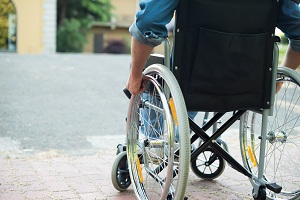Australian researchers are developing new antibodies which will speeden up the healing of burns and chronic ulcers and benefit diabetes patients. Research by Allison Cowin, associate professor at Women’s and Children’s Health Research Institute, and the University of Adelaide’s surgery department found that a specific protein known as Flightless I (Flii) restricts wound healing. Researchers have been able to use antibodies to suppress the Flii protein, thereby promoting wound healing. According to Cowin wound healing will give relief to a large proportion of the community, particularly the aged, the obese and patients with diabetes all of whom are at increased risk of developing chronic, non-healing ulcers.
This new technology will also have applications for treating burn injuries and surgical wounds. When a wound heals faster, the body is better protected against blood loss and infection. But in its haste to heal, the body also creates scar tissue that can cause chronic pain, deformity and disability. The medical need for improved wound healing will only expand as our population ages and the diabetes epidemic grows. However, it could be as many as 10 years before such a treatment is available to the public.

Be a part of Elets Collaborative Initiatives. Join Us for Upcoming Events and explore business opportunities. Like us on Facebook , connect with us on LinkedIn and follow us on Twitter , Instagram.












